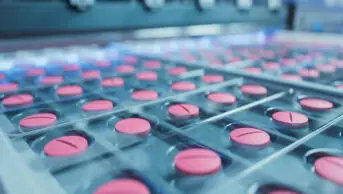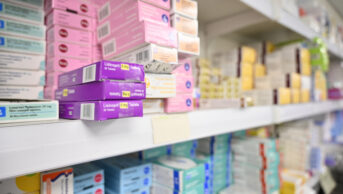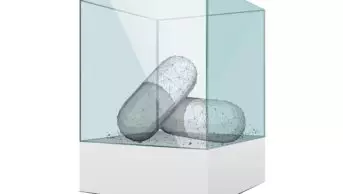Children with HIV in developing countries will now have access to generic paediatric formulations of the antiretroviral raltegravir following a licence agreement reached between the drug manufacturer Merck and the Medicines Patent Pool (MPP).
The deal means the drug will become more widely available to treat babies with HIV from the age of four weeks in those countries where the disease burden is the highest, according to MPP.
MPP is a United Nations-backed organisation that seeks voluntary licensing agreements and creates pools of relevant patents to help lower the price of HIV medicines, increase access to them and encourage better adapted products.
“Raltegravir adds to our arsenal of paediatric licences in supporting better options for children in low- and middle-income countries,” says MPP executive director Greg Perry. “And it can benefit the most neglected sub-segment: infants and toddlers less than three years of age.”
The World Health Organization recommends raltegravir as a component of third-line treatment regimens for HIV.
MPP says the drug has the potential to fill an important gap in paediatric care and claims its availability as chewable tablets and granules for oral suspension could ease implementation in paediatric programmes.
The Merck agreement comes two months after MPP signed a licensing deal with AbbVie to make paediatric versions of the HIV drugs lopinavir and ritonavir more widely available.
Both moves support the work of the Paediatric HIV Treatment Initiative — a collaboration between MPP, UNITAID, the Drugs for Neglected Diseases initiative and the Clinton Health Access Initiative — which aims to develop better, adapted HIV paediatric medicines.


